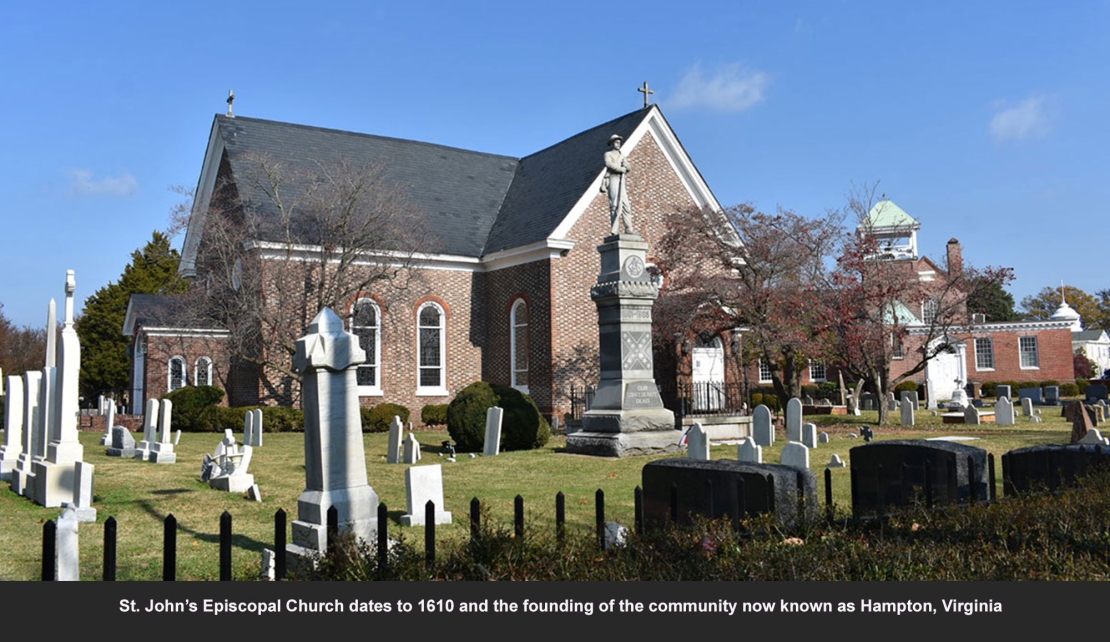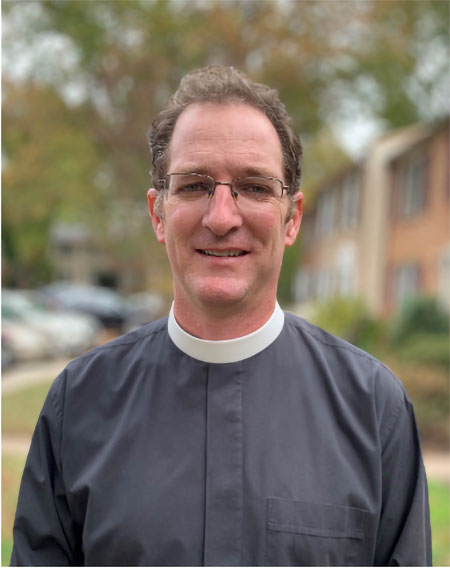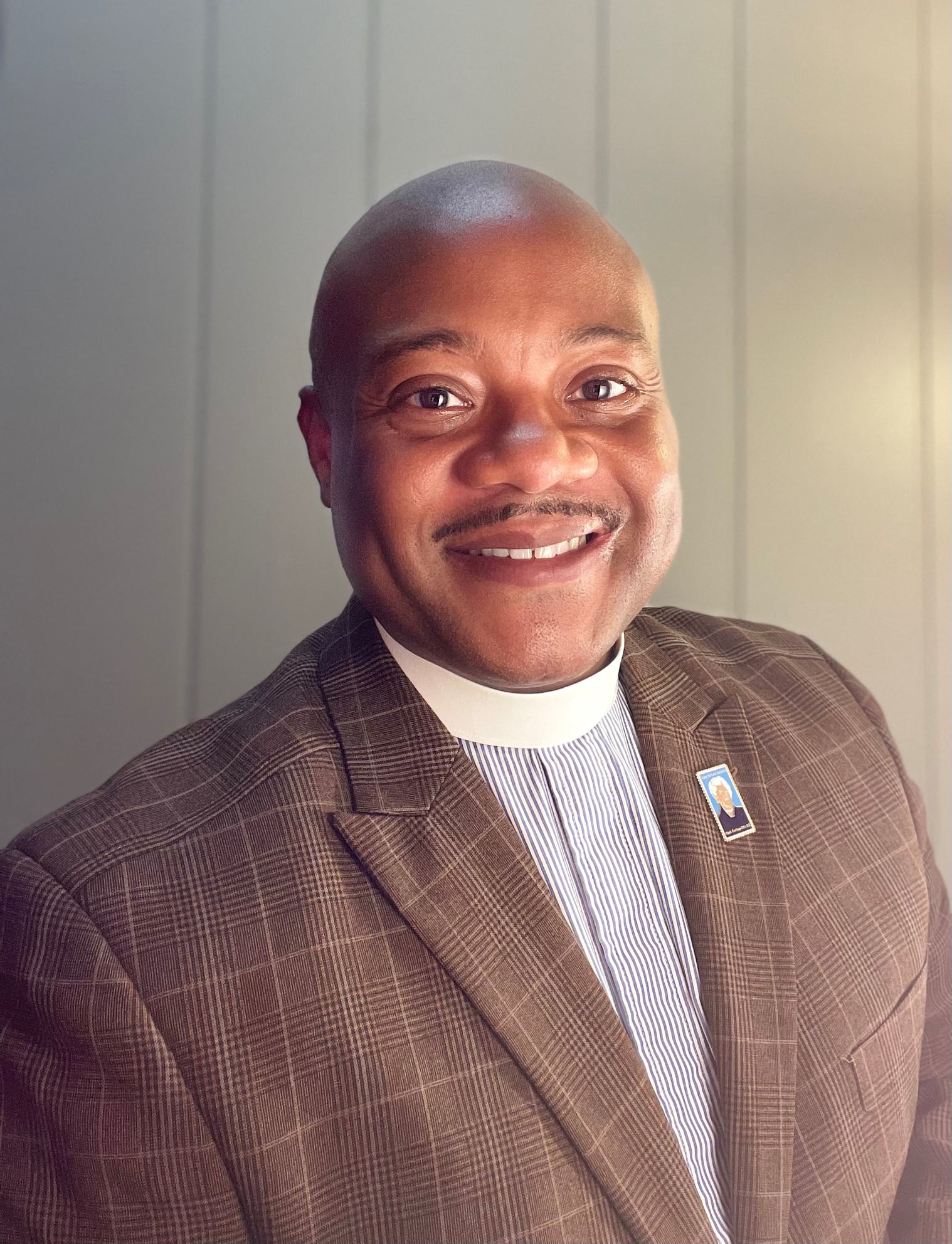Episcopal Church in Virginia, USA, Votes $10 million for Reparations

While the Anglicans in the United Kingdom and the Caribbean remain reluctant to demand reparations for colonialism and slavery from the Church Commissioners, who manage the Church of England’s £10bn assets, Episcopalians in the United States, and Virginia in particular, have albeit reluctantly, begun the process of Reparations.
The Episcopal Church is the United States based wing of the global Anglican Communion. Before it was formed after the American Revolution, Anglicanism was the established church of the Virginia colony.
The Episcopal Diocese of Virginia voted to repair its centuries-long, less than distinguished relationship with the Black community, wherein, following decades of votes and commissions and studies and promises, hundreds of clergy and lay leaders voted in their annual convention to commit $10 million to reparations.
In an in-depth story on the matter, the Washington Post’s Michelle Boorstein pointed out that “The vote, held [last] November, was one of the biggest financial commitments to reparations in the Episcopal Church, which supported slaveholding from the institution’s arrival on Virginia’s shores through the Civil War.
“The Episcopal dioceses of Maryland, New York and Texas now have reparations programs, and the Jesuits have pledged $100 million for the biggest national Catholic program. But Virginia was ground zero in the domestic slave trade, the heart of the Confederacy. It was where Mount Vernon, George Washington’s estate, rented out enslaved people to work at the Virginia Theological Seminary, and where Episcopal bishops, priests and parishes enslaved people.

She said “Ramey’s concern is rooted in the backstory of the November vote — what he saw as insufficient support for reparations by Bishop Susan Goff, the fact that the $1 million program proposal failed and that the vote gives a task force five years to set aside an endowment before reparations would even begin.
“Across the diocese, which covers about 80,000 Episcopalians across Northern and Central Virginia, “the support for reparations isn’t universal and maybe not even strong,” Ramey said.
Anecdotal reports from priests across the diocese show they are facing “lots of questions and animosity,” he said. He feels $10 million is a drop in the bucket.
“According to the diocese’s most recent budget, it had $89 million of assets at the end of 2020, including $55 million of real estate holdings. Thirty-five percent of the real estate is leased out, 3 percent is vacant or undeveloped, and the remainder is used by actively worshiping congregations,” Boorstein outlined.
“The Virginia Theological Seminary, the denomination’s flagship school, which is based in Alexandria, made news in 2019 when it announced that it would spend $1.7 million to create a fund that would make direct disbursements — annually and in perpetuity — to descendants of enslaved people who worked at and built the school.
The fund is now at $2.2 million. Its president, the Rev. Ian Markham, said he thinks the seminary is the only institution undertaking such direct reparations,” she writes.
But the multimillion dollar question is, how will Reparation work? Some white folks think that you’re going to hand out money to Black folks.

Reparations programs vary and can include activities as varied as investments in neighborhoods and in the businesses of disadvantaged peoples, scholarships, direct disbursements, and relational and spiritual work meant explicitly to acknowledge wrongdoing and unfairness and to repent.
The measure that the Virginia diocese passed says only that a reparations task force will “identify and propose means by which repair may begin.”
“Defining that will be a long, evolving task of the diocese. Reparations doesn’t mean just a cash payout; it will be the transformation of hearts and minds,” said Hill, who grew up in Chesterfield County. “Our work is the work of making years and years and years of wrong right. Will we finish this work in our lifetime? No.”
Boorstein notes that “Elon University historian Charles Irons, who studies religion and the church in Virginia, said he was struck by the contrast between the great power of the Anglican Church in early Virginia and the deep divisions among American Christians today, “where we’re divided into our liberal and conservative brands.”
“Among U.S. Anglicans, many conservatives split off from the progressive Episcopal Church in recent decades over LGBT rights in particular, creating their own conservative Anglican branch.
“The diocese taking the step toward reparations, '' he said, “is dwarfed” by all the divisions in U.S. Christianity — Protestantism and Anglicanism.
As it relates to the Church of England, they are not yet ready to deal with the concept of Reparations arising out of their centuries old support of colonialism and Slavery. Rather, they are more concerned about the Church’s condemnation of all forms of homosexuality as opposed to reparation for slavery and colonialism.
According to the Rector of St Bartholomew the Great in the City of London, the Rev Marcus Walker: “It seems beyond bizarre when we have active, live, issues right now — including, for example, the Church of Hong Kong’s backing of a government actively engaged in slavery right now — to be focused so much on the 18th century”.
-30-
